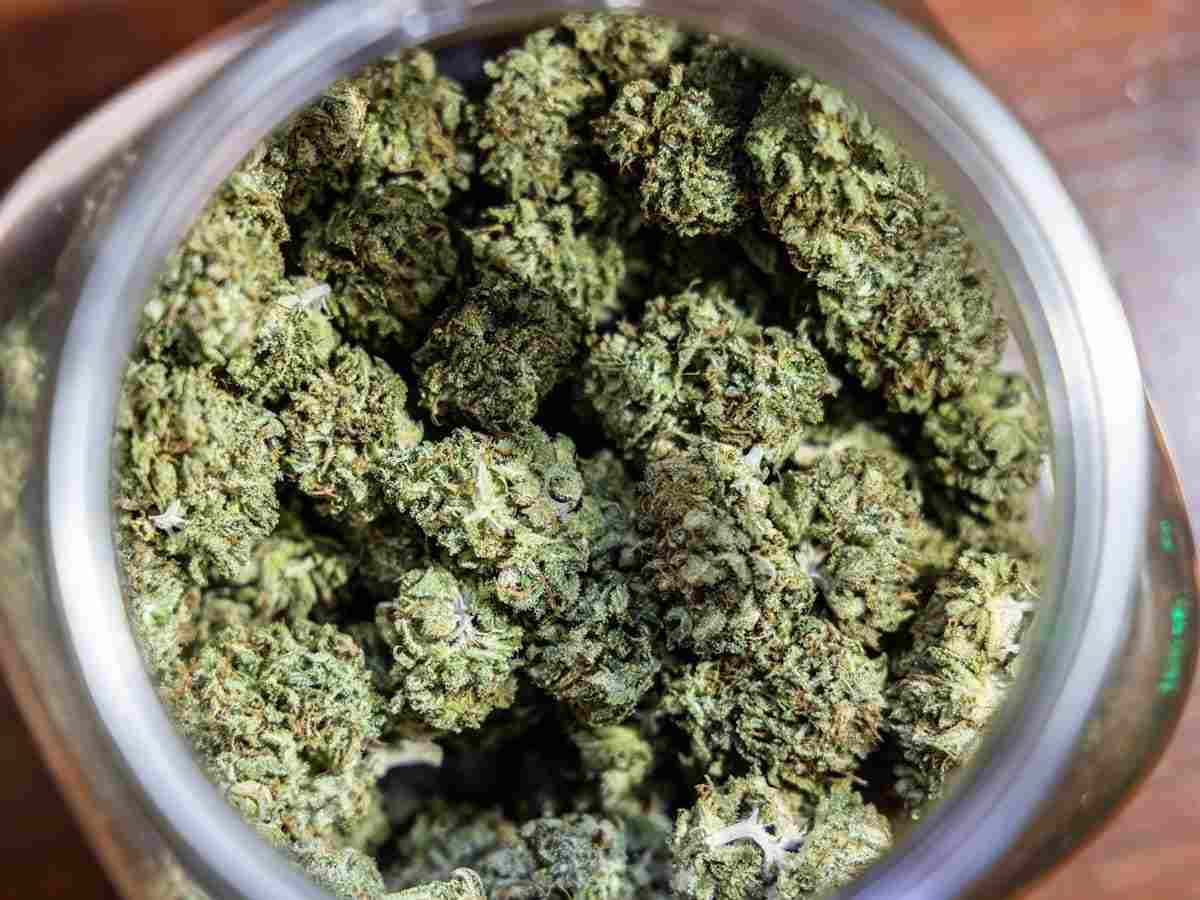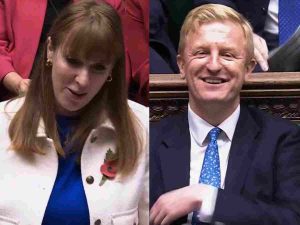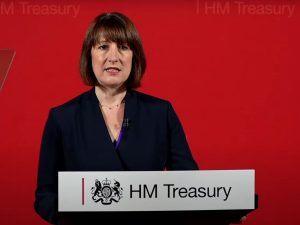In the Autumn Budget, chancellor Rachel Reeves announced plans to increase the day-to-day health budget by £22.6bn and a £31bn increase in the capital budget. Whether this is able to take meaningful steps into the backlog of over 7.6 million patients remains to be seen. NHS wait lists remain at record highs and plugging this gap is key for the governments plans to alleviate pressure on the NHS. However, overlooked in the budget was the utilisation of cannabis legalisation to generate revenue.
Cannabis legalisation: a missed opportunity
Mamedica, the UK’s leading medical cannabis clinic, calculates that legalising cannabis could generate more than £1bn for the government in the first year of tax revenue if taxation were to be modelled similarly to alcohol.
On top of this, a new study has revealed that prescribing medical cannabis for chronic pain on the NHS could save the healthcare system nearly £4bn annually, combining to over £5bn that could be freed up for the NHS. Jon Robson CEO/founder of Mamedica is available to discuss evolving the national debate on legalising cannabis.
Jon Robson, CEO and founder of Mamedica, said:
By tapping into the cannabis industry’s vast potential, the UK can establish itself as a leader in the region, attracting investments, driving local economies, and ultimately enhancing the well-being of our population.
The growing acceptance of medical cannabis as a viable alternative treatment presents an immense opportunity for economic growth and job creation. As the global cannabis market expands, embracing this emerging sector will not only generate substantial tax revenue for the government but also employment opportunities.
Medical cannabis on the NHS
Each patient treated with medical cannabis saves the NHS £729 annually by reducing reliance on opioids and other prescriptions, lowering GP and hospital visits, and cutting costs for alternative therapies.
If applied to the 5.45 million people in the UK with chronic pain, this could total £3.97bn in savings.
The UK’s medical cannabis market is growing by 10% each month, with patient numbers expected to rise from 50,000 to 300,000 by 2028.
Mamedica, the UK’s leading medical cannabis clinic, is urging policymakers to consider this underutilised treatment, which could alleviate financial pressures on the NHS and improve the lives of millions. Mamedica also highlighted the illicit cannabis market, now valued at over £3bn, with 1.8 million people accessing it, and estimates a potential tax revenue of £1.18bn if regulated similarly to alcohol.
New national research commissioned by Mamedica has revealed that a majority – 26.7 million (54%) – of Brits believe cannabis use should be decriminalised, with 17 million (35%) Brits supporting the legalisation of cannabis for recreational use.
This perspective aligns with the increasing number of people (27%) who would be more likely to use cannabis, whether for recreational or medical purposes, if it were legalised for recreational use.
As the leading medical cannabis clinic in the UK, Mamedica advocates for reforms that acknowledge and support the evolving views on cannabis, promoting policies that can better serve public health and societal needs.
How cannabis tax could be utilised
Health and social care:
According to Mamedica, the revenue from cannabis taxation could construct three new mid-sized hospitals. Alternatively, it could employ over 33,000 nurses or provide a £3,500 pay rise per nurse. The government could also employ an additional 36,000 first-year junior doctors, build 786 new GP surgeries, or hire 15,700 additional GPs. This revenue could also fund 52,000 more social care workers and construct 157 new care homes.
Education:
The government could build 168 new primary schools or employ over 33,000 primary school teachers. Additionally, it could build 59 new secondary schools or hire over 29,500 secondary school teachers. The government could fund 466,398,422 school meals per year, providing 291 meals per pupil annually for the 1.6 million infants benefitting from school meals.
Furthermore, £1.18 billion could subsidise after-school childcare costs by approximately £2,000 per child, supporting around 590,000 children in total.
Local infrastructure and housing:
Alleviating pressures on local services, a future government could employ 23,600 police officers or build 59 new police stations. Additionally, this money could fund 2,360 new local bus services.
Releasing the pressure of an enduring housing crisis, Mamedica estimates that £1.18 billion could be used to build 6,700 new houses or 5,200 new social houses.
Cannabis legalisation should be introduced
Robson concluded:
Medical cannabis has been legal in the UK since November 2018, yet its applications are still only recently being discussed publicly. It wasn’t until I spent time in California – and visited a medical cannabis dispensary for the first time – that I realised the potential it had to improve the lives of people who were on much stronger medications.
At Mamedica, we advocate for improved access and availability to safe and secure treatment. Through a combination of education and awareness, the increased use of prescription-based cannabis has the potential to alleviate the collective experience of pain so many have normalised and instead enjoy an improved quality of life.
Featured image via the Canary




